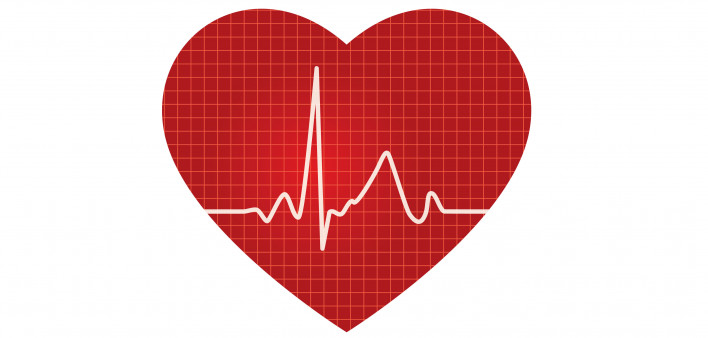Weight gain, especially an increase in visceral abdominal fat, has been linked to health problems ranging from cardiovascular disease and diabetes to cancer and cognitive impairment. But the risks of weight gain associated with antiretroviral therapy must be balanced against the many benefits of prompt HIV treatment.
Chronic HIV infection—even in people on effective treatment—triggers persistent immune activation and inflammation, which raises the risk for health conditions including heart, liver and kidney disease. Inflammatory cytokines, or chemical messengers produced by immune cells, can promote fat accumulation. Fat tissue produces its own cytokines and hormones, which, in a vicious cycle, can lead to more inflammation.
Weight gain often goes hand in hand with metabolic syndrome—a cluster of conditions including excess abdominal fat, high blood sugar, abnormal cholesterol and triglyceride levels and high blood pressure—which raises the risk for diabetes, heart attacks and strokes.
Visceral fat can build up around the heart and inside the liver and other organs. Fat in the liver can lead to cirrhosis, liver cancer and the need for a liver transplant. Some experts now refer to non-alcoholic fatty liver disease (NAFLD) as metabolic-associated fatty liver disease (MAFLD) to emphasize the connection.
Weight gain contributes to other types of cancer as well. According to the Centers for Disease Control and Prevention, overweight and obesity raise the risk for at least 13 different malignancies, including breast, colon, kidney and pancreatic cancer.
Overweight and obesity are also implicated in pregnancy complications. Using data from the ADVANCE study in South Africa, Andrew Hill, PhD, of the University of Liverpool in England and colleagues calculated that for every 1,000 pregnant women who used dolutegravir plus tenofovir alafenamide fumarate (TAF)—the combination that caused the most weight gain—there could be an additional 77 adverse birth outcomes.
However, it’s not yet clear whether weight gain linked to HIV treatment will lead to the same health problems as overweight and obesity in the population at large.
In the ADVANCE study, 8% of people who started treatment with dolutegravir plus TAF developed metabolic syndrome. But Hill’s team calculated that while people in this group were more likely to develop diabetes, their 10-year risk for a heart attack or stroke remained low.
In an analysis of eight large trials of first-line HIV treatment, changes in blood sugar, harmful blood lipids and blood pressure did not differ significantly between people who experienced a weight gain of less than 10% and those who gained more. High blood sugar and diabetes were uncommon, but researchers cautioned that two years of follow-up might not be enough to see the full consequences of weight gain.







Comments
Comments